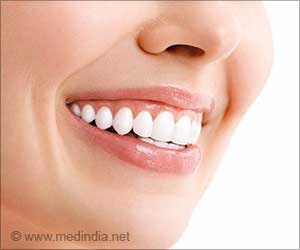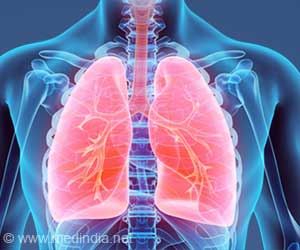A new study investigated the connection between the incidence of cardiovascular events and life prognosis with the timing of tooth brushing.
- In recent years, oral hygiene practices have been recommended for patients with other diseases
- But there are no reports on the relationship between tooth brushing and systemic diseases
- Therefore, researchers investigated whether the timing of tooth brushing affects the risk of cardiovascular diseases
Frequency of daily tooth brushing and subsequent cardiovascular events
Go to source) has been emphasized in several previous studies.
Strange Link Between Brushing and Systemic Health Keeps Showing Up
Many perceive the mouth to be unclean in the morning and thus brush their teeth before breakfast to avoid ingesting dirt present in their teeth. However, having breakfast also leads to intraoral deposits, which persist throughout the day and increase the risk of gum disease and dental caries.Based on the perspective that intraoral plaque and deposits are present throughout the day, brushing only in the morning implies poor oral hygiene. Researchers wondered if it also affected systemic diseases aside from gum disease and caries.
To improve their knowledge of the relationship between toothbrushing timing and systemic diseases, researchers enrolled 1,675 patients aged above 20 years who were hospitalized at the Osaka University Hospital between April 2013 and March 2016 in their study.
Patients who visited the hospital's Unit of Dentistry to seek dental treatment, perioperative oral care, and screening for infection were also considered for the analysis.
The participants were classified into four groups. Group MN reported brushing their teeth twice daily, once after waking up and again at night, whereas Group Night reported brushing their teeth only once at night. Group M reported brushing their teeth only after waking up, whereas Group None did not brush their teeth.
They evaluated each participant's age, gender, smoking history, and follow-up results. In addition, four independent investigators retrospectively reviewed the dental and medical records of all study participants.
Although they encountered many middle-aged and older patients who do not brush their teeth at night in clinical practice, the present findings indicate that there was a certain percentage of individuals not brushing their teeth at night in each age group (2✔ ✔Trusted Source
Not brushing teeth at night may increase the risk of cardiovascular disease
Go to source).
This may be attributable to the effect of parental habits. Some people were taught in childhood to brush their teeth after waking up (before breakfast), regardless of whether their teeth were brushed at night. Tooth brushing habits may also be associated with lifestyle and regional differences.
Bad Tooth brushing Habits Tied to Higher Heart Risk
Participants who only brushed in the morning and those who did not brush at all demonstrated a tendency to not brush after lunch either, suggesting a lack of interest in dental hygiene. Since this study was limited to hospitalized patients, their poor physical condition may have impeded oral health maintenance and affected their prognosis.However, the findings indicate that only brushing in the morning after waking up is inadequate and that brushing at night is good to maintain good health. These implications are consistent with the theory that the intraoral bacterial load increases during the night due to reduced salivary flow.
There were no significant differences in cardiovascular events, hospitalization events, or life prognosis among the groups based on the number of teeth, caries, or periodontal disease. A lower number of teeth is associated with lower chewing strength.
In the present study, it is unclear if the participants brushed their teeth properly because they were not judged based on objective measures of oral hygiene, such as the plaque index. In addition, data on auxiliary tools, such as floss and interdental brushes, and time spent brushing teeth were not included.
Although the findings are limited to heart diseases, they indicate that brushing teeth at night is important (3✔ ✔Trusted Source
Improved oral hygiene care attenuates the cardiovascular risk of oral health disease: a population-based study from Korea
Go to source). Brushing teeth before breakfast is necessary, but most important is brushing teeth at night before going to bed for good heart health.
The conventional oral hygiene routines followed may not be optimal for good systemic health. Therefore, it is necessary to increase awareness regarding the appropriate timing for brushing teeth.
References:
- Frequency of daily tooth brushing and subsequent cardiovascular events - (https://pubmed.ncbi.nlm.nih.gov/32310852/)
- Not brushing teeth at night may increase the risk of cardiovascular disease - (https://pubmed.ncbi.nlm.nih.gov/37380762/)
- Improved oral hygiene care attenuates the cardiovascular risk of oral health disease: a population-based study from Korea - (https://pubmed.ncbi.nlm.nih.gov/30561631/)
Source-Medindia
















